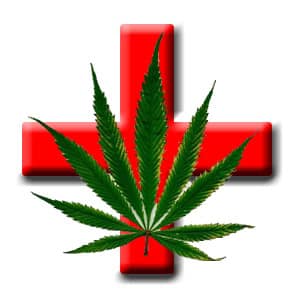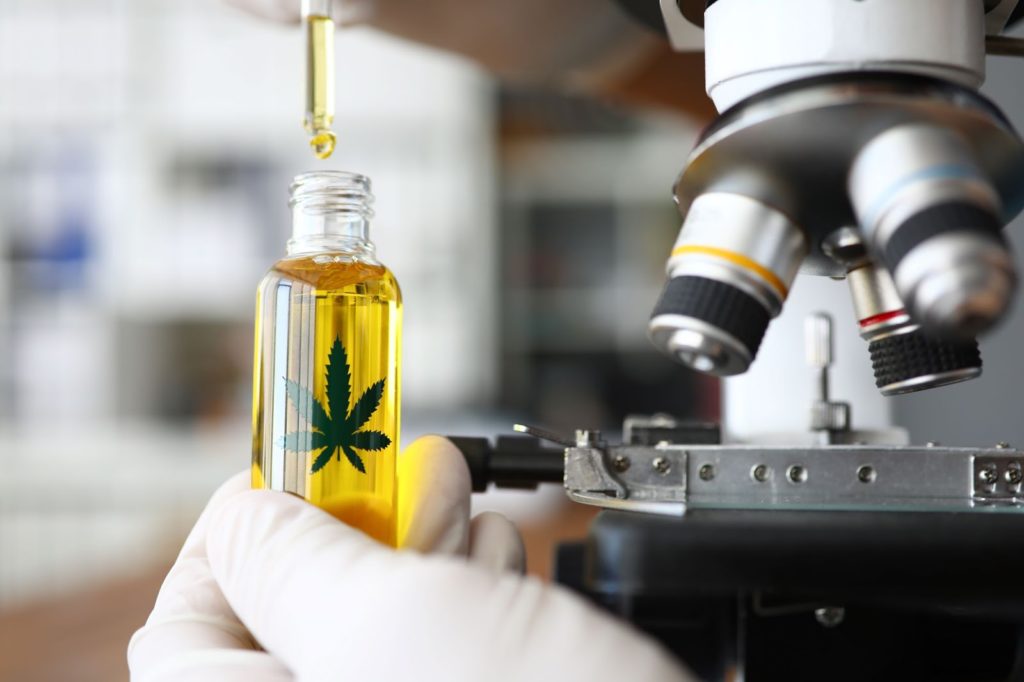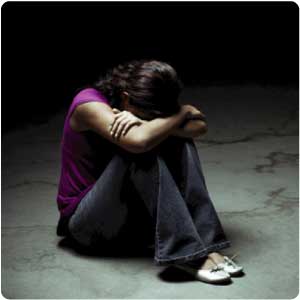 How Does Marijuana Affect Sleep Cycles And PTSD?
How Does Marijuana Affect Sleep Cycles And PTSD?
by Philly Blunt
How is it that marijuana affects dreams - and can this somehow benefit post-traumatic stress disorder (PTSD) patients? Chances are if you asked the nearest stoner if they are aware of dreaming, the answer will come back a resounding no. Yet if that same marijuana smoker were asked to stop smoking pot for 7 to 14 days, they would again find their slumber state rich with vivid dreams… sometimes for better, sometimes for worse. Its one thing for the average pot head to make that observation after years of smoking, it’s another to try and find any psychological research based on scientific studies.
As sure as there is day and night, the human condition has grown dependent on a good restful night’s sleep. Unfortunately when that sleep and its four stages are interrupted for any reason, the outcomes can be less than desirable. The normal daily ebb and flow of sleep and slumber is called a circadian sleep rhythm. Many species aside from humans bow before the circadian sleep rhythm master: dogs, cats, rats and bats all must succumb to the powers of a restful night’s sleep, should they hope for a productive tomorrow.
While sleep appears to be a rather reflexive activity, at least to us, the mind utilizes this time to processes the day’s activities. In studies, sleep volunteers have been shown through the use of an electroencephalogram [EEG] the different cycles of sleep which occurs on a nightly basis and how the depth of their sleep affects their next day’s productivity. As scientists have noted, each stage of sleep becomes increasingly deeper and sounder, and is repeated several times within an evening’s rest. When the sleeping volunteers were awoken during the REM section of their sleep cycle, all test subjects reported having vivid dreams.
So the obvious question becomes ‘if dreams only occur during REM sleep, and REM sleep is adversely affected by marijuana smoke, can smoking marijuana cure post-traumatic stress disorder?’
There are many scientific research papers which point to use of marijuana’s cannabinoids as a potential memory suppressant in the treatment of PTSD, specifically with the THC cannabinoid. As scientist gaze into the future of PTSD and the THC compound found in cannabis. It is believed that THC may have the curing properties so desperately sought by those that suffer with posttraumatic stress disorder.
This is the report of an open label clinical trial to evaluate the effects of Nabilone (a synthetic cannabinoid) , used on treatment-resistant nightmares in patients diagnosed with posttraumatic stress disorder (PTSD). Methods: Charts of 47 patients diagnosed with PTSD and having continuing nightmares in spite of conventional antidepressants and hypnotics were reviewed after adjunctive treatment with nabilone was initiated. These patients had been referred to a psychiatric specialist outpatient clinic between 2004 and 2006. The majority of patients (72%) receiving nabilone experienced either cessation of nightmares or a significant reduction in nightmare intensity. Subjective improvement in sleep time, the quality of sleep, and the reduction of daytime flashbacks and nightsweats were also noted by some patients. The results of this study indicate the potential benefits of nabilone, a synthetic cannabinoid, in patients with PTSD experiencing poor control of nightmares with standard pharmacotherapy.
With the mounting proof showing support for medical marijuana as a treatment for PTSD continues to grow, the Department of Veterans Affairs finally decided that the scientific evidence was too strong to ignore. And back in July, 2010, finally gave in to common sense and scientific evidence. The United States Department of Veterans Affairs then made clear that it would permit certain war veterans the use of medicinal pot so long as they lived in a medical marijuana state, had received a doctors recommendation to smoke medical marijuana, and were currently enrolled in a state approved program.
While marijuana continues to be classified as a schedule 1 narcotic under federal law, the newly adopted guidelines will potentially allow for doctors at hospitals and clinics to utilize medicinal cannabis; bringing marijuana back into the pharmacopeia of – ‘pain treatment plans’ offered to the vets which suffer from PTSD and the nightmarish dreams which accompany them.





